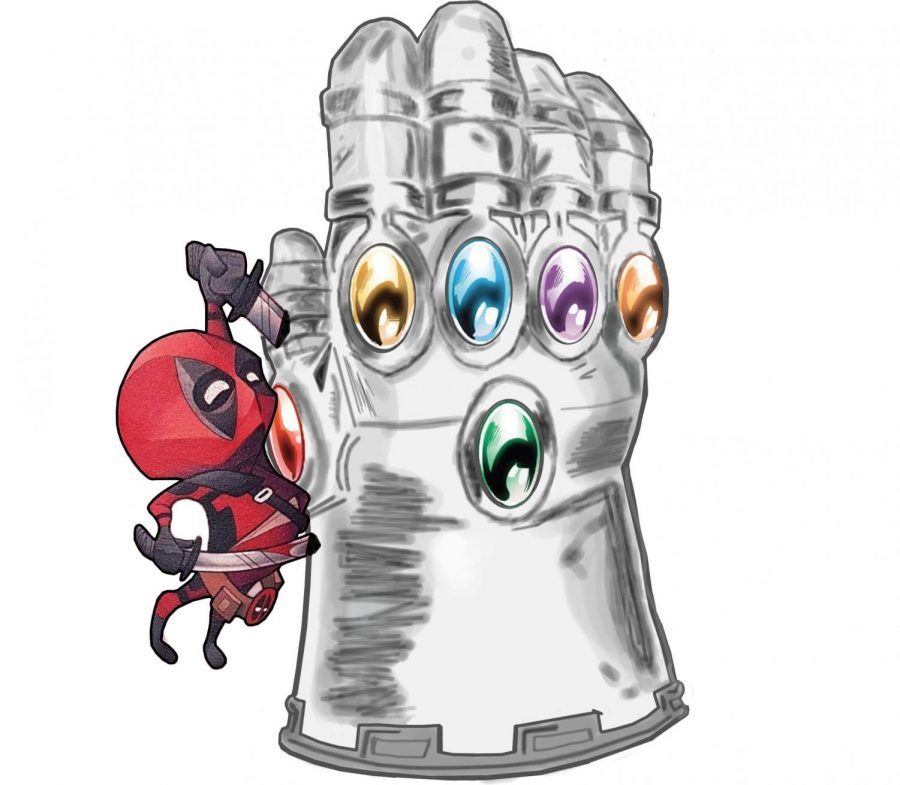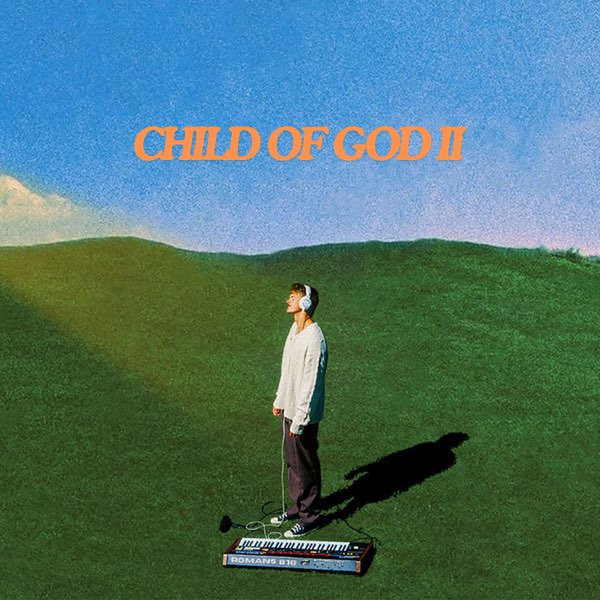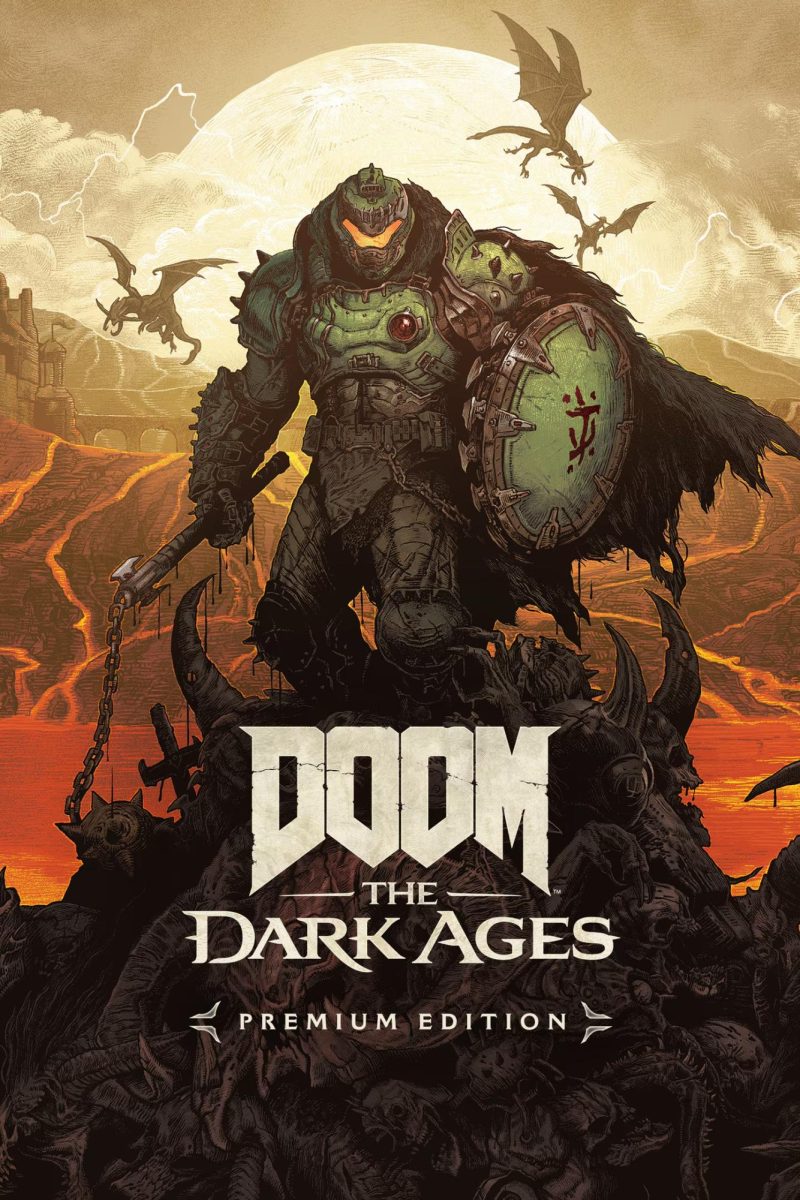Infinity War. Ten years, 19 films, countless characters — all building to one movie.
Excitement has been building toward the April 27 release of “Avengers: Infinity War” for a long time and for good reason. Marvel’s Cinematic Universe (MCU) has weaved together a multitude of characters, not only building a complex world but bringing comic book culture to the mainstream. The film follows the quest of ultra-villain Thanos to get all six Infinity Stones, the most powerful objects in the universe, needed in order to complete his mission — destroy half of the universe’s population with the snap of his fingers.
Teased since the first 2012 Avengers movie, “Infinity War” saw the return of Thanos, a villain hyped to be unlike any previously seen in the MCU. With so much build up for Thanos, I was worried he would be unable to live up to the hype, especially since so many MCU villains have seemed to fall flat in past movies.
But I was pleasantly surprised to find out that that was not the case. “Infinity War” is very much Thanos’ movie, even more than our heros’. His character has depth and the most development of any other character in the film. Thanos’ ideology makes sense in a way; even though you may not agree with him, you can see where his motivation and reasoning is coming from.
“Infinity War” is not for the causal superhero fan — it heavily relies on the audience’s knowledge of the Marvel Universe. Since it relies on this, there is notmuch character development in the film, aside from a few examples, like Thanos. But as someone who is caught up in most MCU films, I never felt confused or separated from the characters. However, I can see someone coming into “Infinity War” as a Marvel-newbie feeling very lost and confused.
Despite being caught up in the MCU, on my first watch I still felt overwhelmed. The amount of characters and storylines were a sort of sensory overload from a analytical standpoint. There was so many things happening, it was hard to know what storylines to stay focused on. I found my second watch much more enjoyable because I wasn’t trying to piece together the plotlines and instead just let it happen.
Going into the film however, I had my doubts. How was it going to be possible to have this many main characters and not feel overwhelmed in the typical superhero movie format? The answer: to not have a typical format. I heard someone describe “Infinity War” as less of a movie and more of an event and I completely agree. It does not follow a typical superhero movie structure, a departure from most Marvel movies but it works. While the mass amount of storylines is overwhelming, the film finds a way to still connect them all and have them come together to a common endpoint.
While this is just part one of “Infinity War,” the movie felt complete. Unlike many two-part movies, the film did not end as a cliffhanger, even if the ending was not completely satisfactory. This could be testament to the two hour and 40 minute run time or the fantastic job of the writers who made the story feel whole. Even with a long run time, I never felt bored during the film; completely engrossed in the near-flawless visual effects, engaging action and comedy to elevate the somber tone.
“Avengers: Infinity War” is a great film and definitely is one of the best Marvel movies to date. If you are a superhero fan, I would for sure recommend seeing “Infinity War.” Even if you are not a superhero fan, start with a few MCU movies and watch it anyways, as I am sure you will enjoy it. With a year left until part two, both groups have time to speculate theories and catch up with the Marvel Universe.





